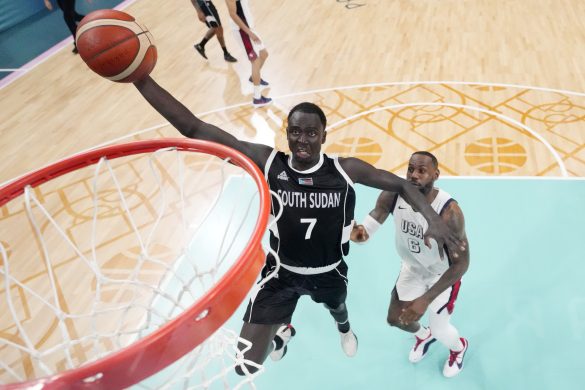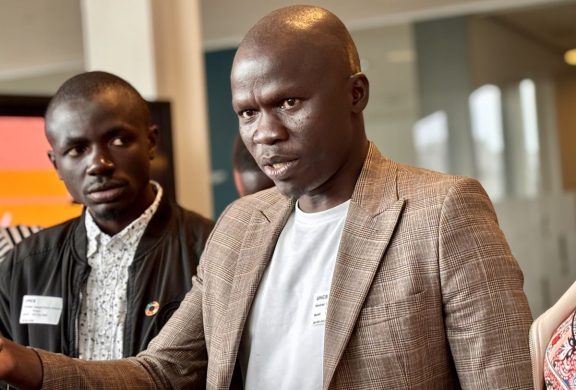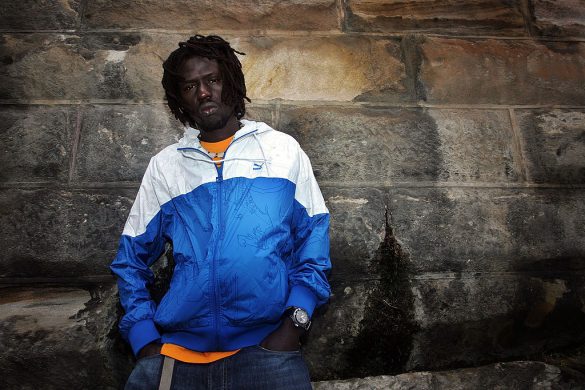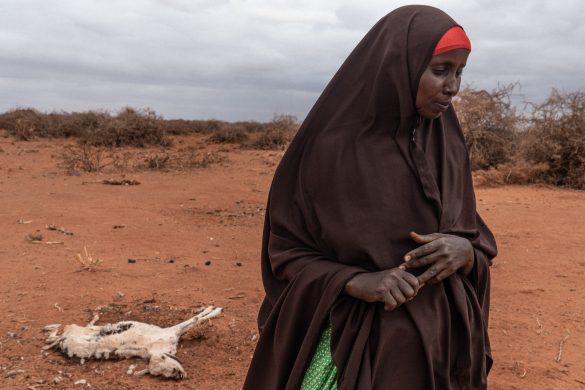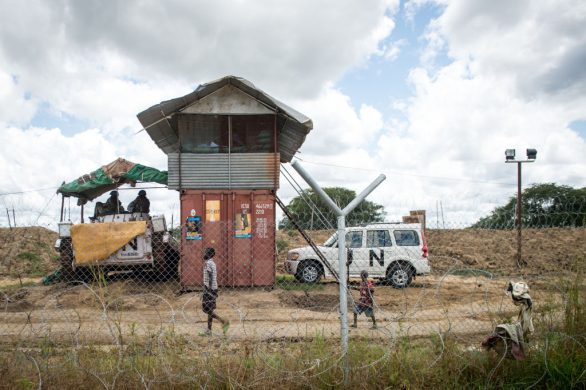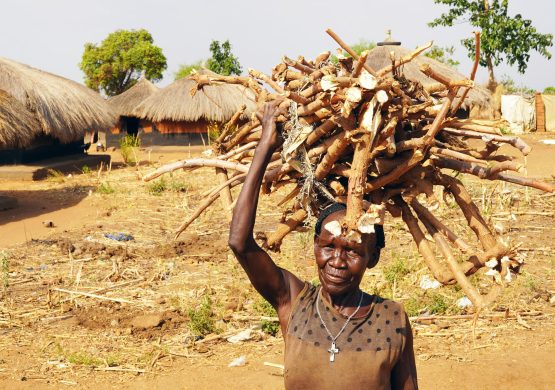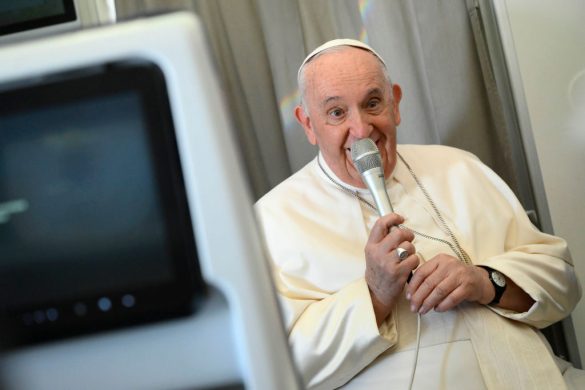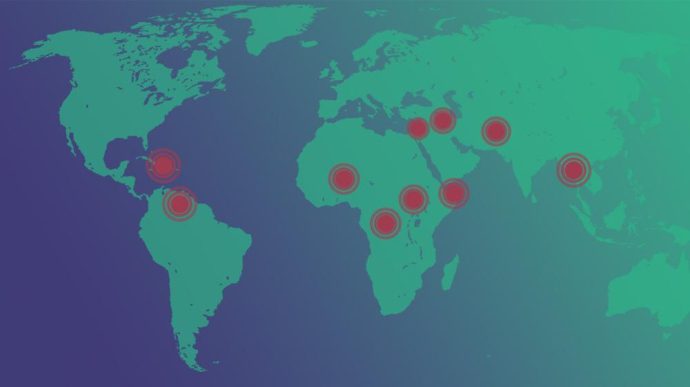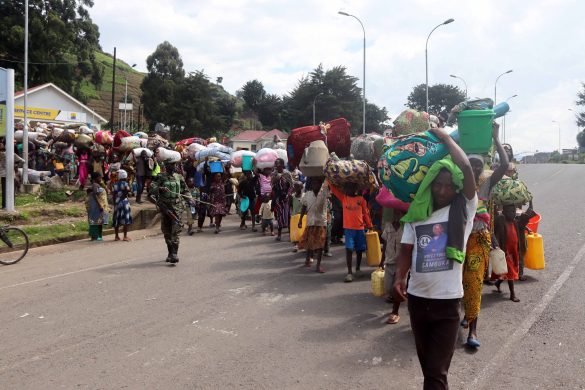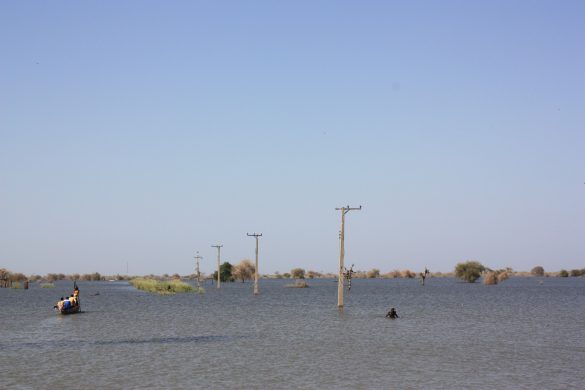For three years South Sudan has tumbled deeper into self-inflicted chaos, and it now finds itself on the brink of something even more terrifying, BBC online reports Friday.
United Nations officials rarely use the words "genocide" (folkemord) and "ethnic cleansing," (etnisk udrensning) but they now say potentially both could envelop the world's youngest country.
Since violence flared in Juba in July and spread to the previously peaceful southern Equatoria states of South Sudan, 340,000 people have fled the violence into neighbouring Uganda.
That is more than any other country this year – the UN says 200,000 people have fled Syria in 2016.
Every day, on average, another 2,500 South Sudanese become refugees, and the stories of what they escaped and what they saw on the way, add to the evidence of killing, rape and the targeting of civilians along ethnic lines.
"They are killing people, sleeping with wives, stealing. They are not shooting you, they are cutting you with a knife. Even small children can be beaten down," Mr Nelson Ladu Thomas said at the Ugandan border.
The children gulped water and sat exhausted in the shade of a harsh sun.
"They don't want us," he said, and gave his explanation of why his town of Yei, just 80 km from the border, had become a place he had to leave.
"These tribes of Dinka, they don't want Equatorians, they don't want… Nuer. They don't want them."
Ethnic violence has dominated the crisis in South Sudan.
The civil war began as a dispute between the Dinka President Salva Kiir, and former Vice-President Riek Machar who is Nuer.
Equatorians only started to be targeted in July, when the violence spread to their part of the country after rebel troops fled the capital, BBC notes.
Mere om Afrikas nyeste nation og uhyrlighederne, der foregår, på
https://en.wikipedia.org/wiki/South_Sudan



